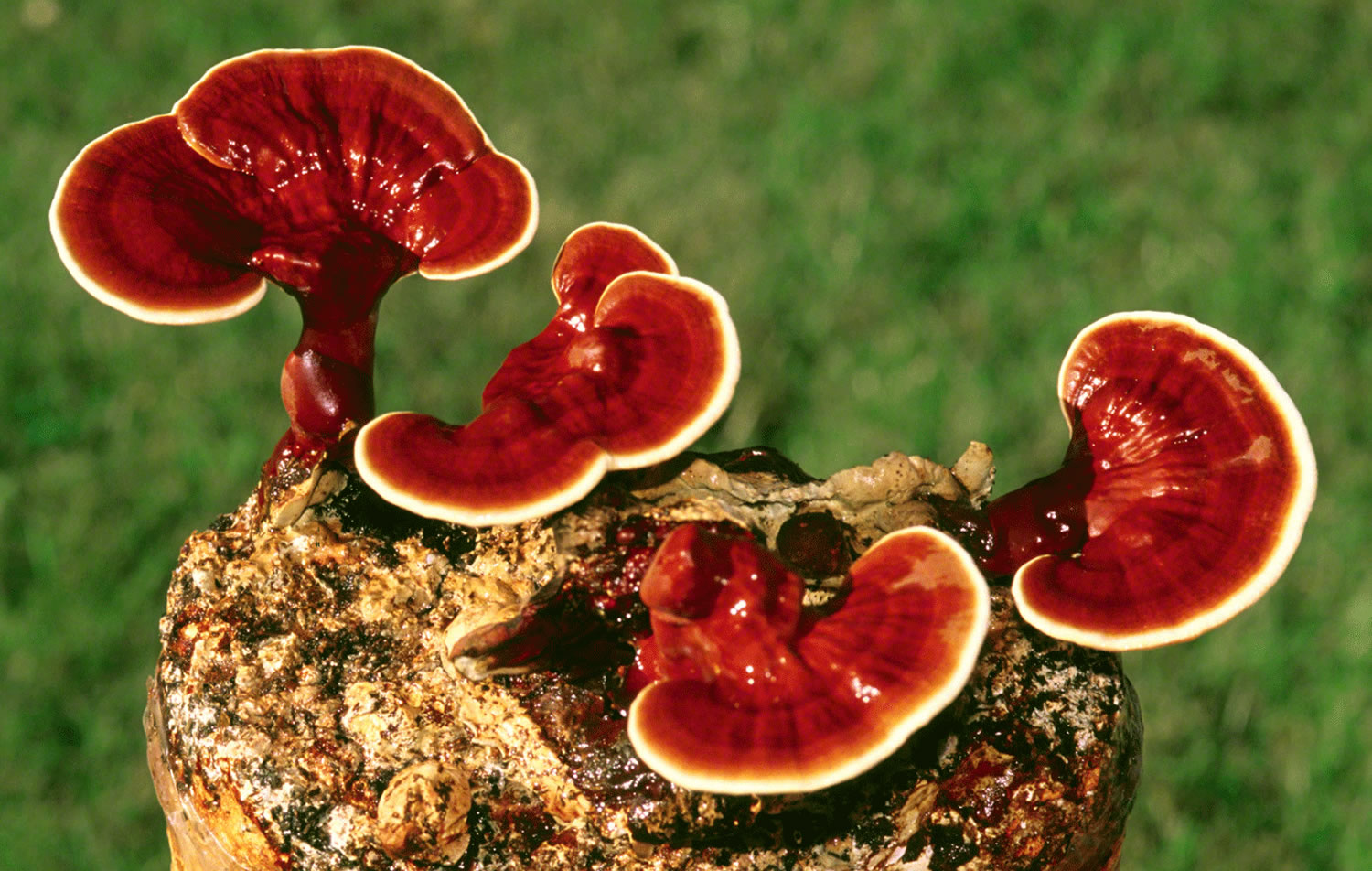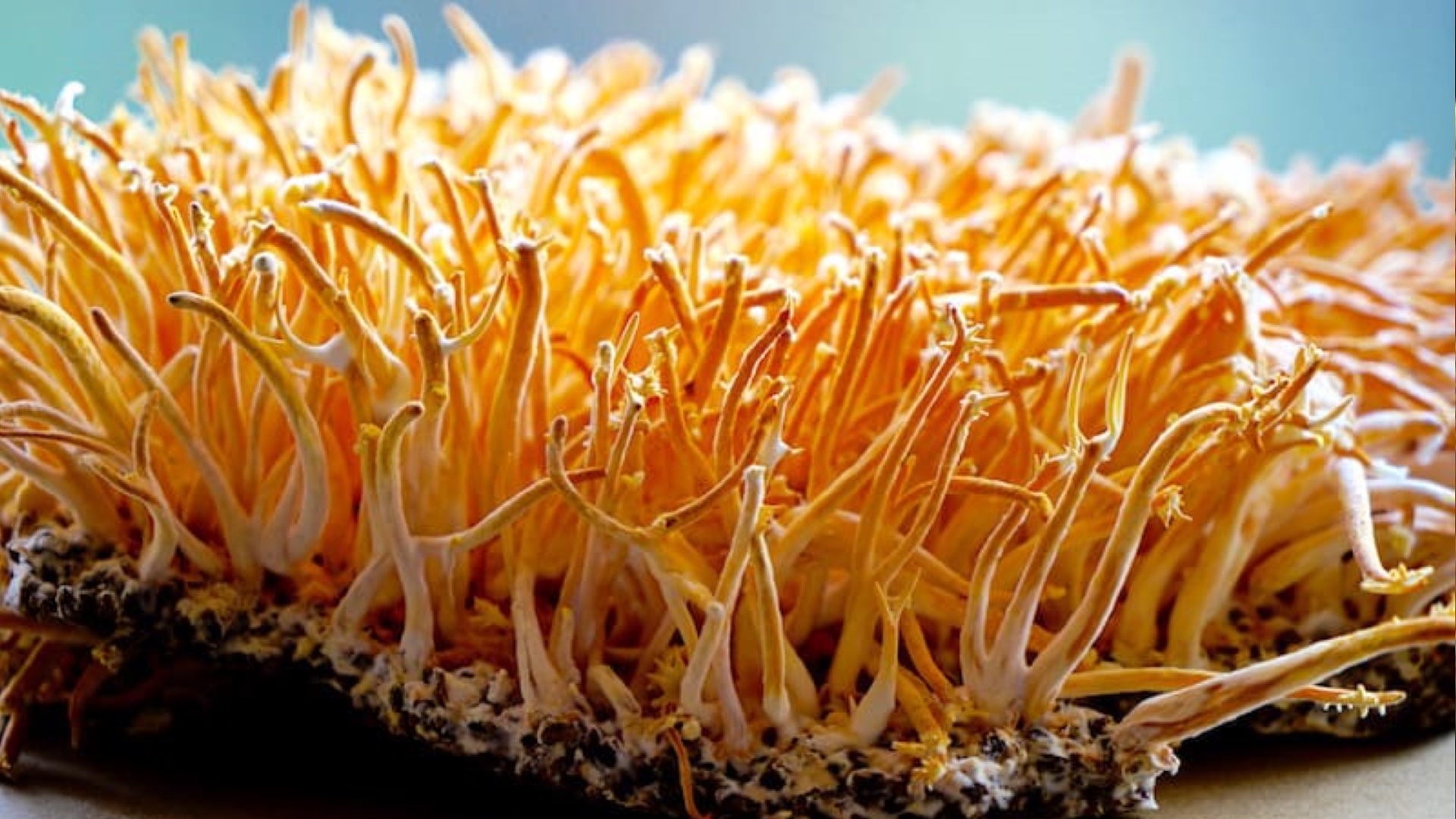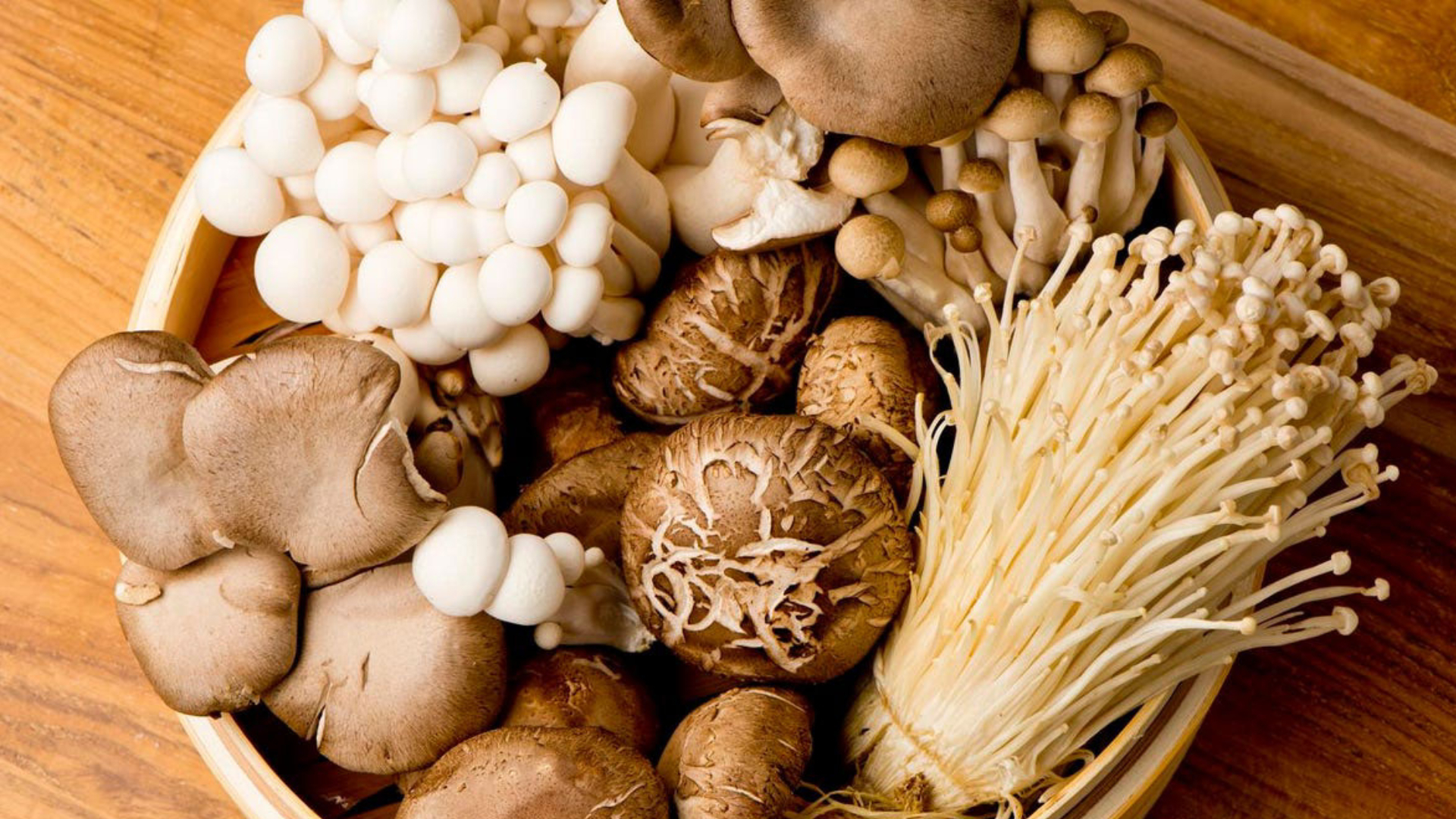Introduction
In the realm of functional mushrooms, Lion’s Mane (Hericium erinaceus) has garnered significant attention for its potential health benefits, particularly its impact on cognitive function. Known for its unique appearance resembling a cascading mane, this mushroom has a rich history in traditional medicine and has become a focal point in the modern exploration of natural remedies. In this comprehensive guide, we will delve into the diverse advantages of Lion’s Mane functional mushrooms, exploring their historical use, nutritional components, and the scientific evidence supporting their role in promoting overall well-being.
Understanding Lion’s Mane Mushrooms
Lion’s Mane mushrooms, also known as “Yamabushitake” in Japan and “Houtou” in China, have been revered in traditional Asian medicine for centuries. Recognizable by their long, dangling spines, these mushrooms grow on hardwood trees and have a mild, seafood-like flavor. Lion’s Mane is celebrated for its adaptogenic and nootropic properties, making it a unique addition to the repertoire of functional mushrooms.
Nutritional Composition
Lion’s Mane mushrooms boast a rich nutritional profile, containing essential vitamins, minerals, and bioactive compounds. Notable components include beta-glucans, hericenones, erinacines, antioxidants, and various other polysaccharides. These compounds contribute to the mushroom’s potential health-promoting effects.
Historical Use
Lion’s Mane mushrooms have a long history of use in traditional Chinese and Japanese medicine. They were traditionally valued for their potential to support digestive health, strengthen the immune system, and promote overall vitality. In traditional texts, Lion’s Mane was often associated with promoting longevity and cognitive sharpness.
Benefits of Lion’s Mane Functional Mushrooms
Cognitive Enhancement
Lion’s Mane mushrooms are renowned for their potential cognitive benefits. Research suggests that compounds like hericenones and erinacines found in Lion’s Mane may stimulate the production of nerve growth factor (NGF) in the brain. NGF plays a crucial role in the growth, maintenance, and survival of neurons, suggesting that Lion’s Mane may support cognitive function and potentially contribute to neuroplasticity.
Memory Support
The potential of Lion’s Mane to enhance cognitive function extends to memory support. Studies have explored its effects on various forms of memory, including short-term and spatial memory. While more research is needed, early findings suggest that Lion’s Mane may play a role in supporting memory retention and recall.
Neuroprotective Properties
Lion’s Mane mushrooms exhibit neuroprotective properties, potentially shielding the brain from oxidative stress and inflammation. Oxidative stress and chronic inflammation are implicated in neurodegenerative disorders, and the antioxidants present in Lion’s Mane may contribute to overall brain health and longevity.
Mood and Stress Management
Emerging research suggests that Lion’s Mane may have an impact on mood and stress. The mushroom’s potential to modulate neurotransmitters, including serotonin and dopamine, may contribute to its mood-enhancing effects. Additionally, its adaptogenic properties may help the body respond to stress more effectively, promoting emotional resilience.
Digestive Health
Traditional uses of Lion’s Mane include its role in supporting digestive health. Compounds in Lion’s Mane may have a protective effect on the digestive mucosa and support the growth of beneficial gut bacteria. The mushroom’s prebiotic properties make it a valuable addition to strategies aimed at promoting a healthy gut microbiome.
Immune System Modulation
Lion’s Mane mushrooms possess immunomodulatory effects, influencing the activity of immune cells. Beta-glucans and other polysaccharides found in Lion’s Mane may enhance the immune response, helping the body defend against pathogens and maintain overall immune system balance.
Antioxidant Defense
Lion’s Mane is rich in antioxidants that help neutralize free radicals in the body. Free radicals are unstable molecules that can cause cellular damage and contribute to aging and various diseases. The antioxidant properties of Lion’s Mane contribute to its overall health-promoting effects.
Potential Anti-Cancer Effects
While more research is needed, some studies have explored the potential anti-cancer effects of Lion’s Mane. Compounds in the mushroom, such as polysaccharides and beta-glucans, have been studied for their ability to inhibit the growth of cancer cells and modulate the immune response against cancer.
Practical Considerations and Safety
Dosage and Formulation
Determining the appropriate dosage of Lion’s Mane functional mushrooms depends on various factors, including individual health status and the specific health goals. Lion’s Mane supplements are available in various forms, including capsules, extracts, and powders. Consulting with a healthcare professional or a qualified herbalist can provide personalized guidance on dosage and formulation.
Quality and Source
The quality and source of Lion’s Mane supplements are crucial for their effectiveness. Reputable manufacturers ensure the extraction of bioactive compounds through standardized processes. Third-party testing for purity and potency provides assurance of the product’s quality.
Potential Side Effects
Lion’s Mane is generally considered safe for most people when consumed in appropriate amounts. However, some individuals may experience mild side effects, including digestive issues or allergic reactions. It’s advisable to start with a lower dose and monitor for any adverse reactions. Pregnant or breastfeeding individuals and those with pre-existing health conditions should consult with a healthcare professional before using Lion’s Mane supplements.
Drug Interactions
Lion’s Mane supplements may interact with certain medications, especially those affecting the central nervous system. Individuals taking medications should consult with their healthcare provider before incorporating Lion’s Mane into their routine to avoid potential interactions.
Conclusion
Lion’s Mane functional mushrooms, with their storied history and emerging scientific support, offer a compelling avenue for those seeking natural ways to support cognitive function, mood, and overall well-being. From their potential to stimulate nerve growth factor production to their immunomodulatory and neuroprotective properties, Lion’s Mane mushrooms stand out as a versatile and holistic ally in the pursuit of health.
As the popularity of functional mushrooms continues to rise, Lion’s Mane occupies a unique place in the landscape of natural remedies. Whether incorporated into a balanced diet or consumed as part of a carefully formulated supplement, Lion’s Mane provides a bridge between ancient wisdom and modern scientific understanding, offering a comprehensive approach to health that encompasses both the body and the mind.
- Comprehensive Review of the Best CBD Oils Top Picks and Insights By swdistro - September 20, 2024
- Complete Review of the Top CBD Gummies By Golden Goat CBD - August 23, 2024
- Pine Queen Dream Marijuana Strain A Comprehensive Guide - December 14, 2023




